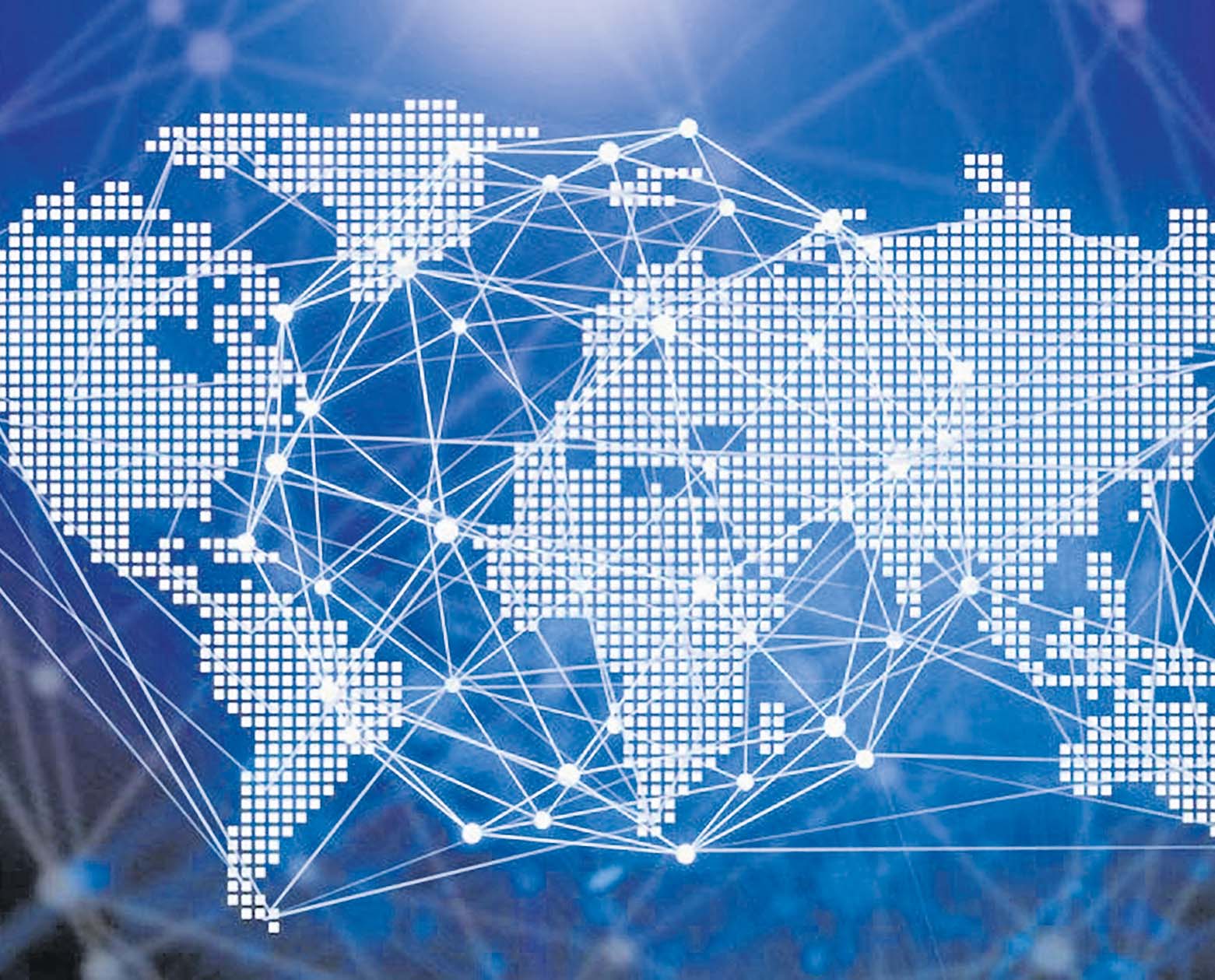Defence forces from around the world are in a sudden rush to buy long-range strike missiles.
Japan flagged a need for them in its recent National Security Strategy. The US is upping production of its long-range precision strike arsenal. Australia has announced a plan to build its own.
The Missile Age, as some have dubbed it, has eliminated the safety afforded by distance by allowing our adversaries to inflict great damage from vast distances away.
Defending yourself in this age involves keeping your enemy as far away from you as possible, hence the need for long-range missiles.
I thought about this concept when Australia’s Home Affairs Minister Clare O’Neill announced a ‘Six Shields’ approach as part of her government’s Cyber Security Strategy.
According to Minister O’Neill, the first shield is a strong business community and cyber-aware public, the second is technology that is built to be cyber-safe, the third is world-class threat blocking, the fourth is robust critical infrastructure, the fifth is sovereign capabilities and the sixth is a resilient region.
Why would a cyber security strategy designed to protect Australians worry itself with threats to the region? Because just like the missile age, in the cyber world distance does not matter.
It never has. Cyber threats like cyber espionage, cybercrime, or state-sponsored attacks on critical infrastructure can originate from anywhere in the world.
A cyber-secure Fiji reduces the risk of these threats taking hold in Fiji, while at the same time opening the door for greater strategic and security collaboration between Fiji and its neighbours.
Australia therefore wants the island states of the Pacific to be stable, prosperous, politically independent and free. A cyber environment overrun with cyber criminals, hostile state actors or fake news is inimical to that.
Fiji is the linchpin of the Pacific. It has one of the largest economies, one of the largest populations and frequently plays a leadership role in Pacific Island politics.
What happens here matters enormously, not just to Fijians but to the region generally and to Australia’s own national interest, a point grasped by Minister O’Neil in her cyber speech.
Just as a long-range missile would deter an enemy frigate from getting too close to Australia’s shores, a sovereign, secure digital environment in Fiji pushes potential cyber threats further away from Australia’s own borders.
So there is a degree of self-interest at work here. But obviously, it is also in Fiji’s interests to create a secure cyber environment. A secure, reliable digital economy attracts international investment.
It creates the conditions in which local startups can prosper and thrive, reducing the brain drain and ensuring Fiji keeps its most skilled workers, rather than lose them to larger countries where salaries are higher.
It gives investors confidence that their IP and customer data will be safe on local networks. Communications Minister Manoa Kamikamica has made it clear he wants to see strong, safe digital infrastructure operating in Fiji.
That’s because trusted, secure networks are the bedrock of the digital economy.
For Fijians to have faith in the digital marketplace, for them to know they can trade and transact freely on the internet, they must first be able to trust the digital architecture upon which that economy is built.
That means strong network security and trusted digital infrastructure built in places you can trust and by countries that share your values.
In Minister O’Neill’s Six Shields analogy that is Shield Number Two – cyber safe technology. Fiji is at the early stages of developing that economy.
It faces hard choices as it matures its digital architecture.
Off-theshelf technology that is cheap and simple to install might seem like an easy option, but if that technology is not secure or trustworthy it’s ultimate value will be nil.
Furthermore once that technology is in, removing it for more secure infrastructure is expensive, complex and time consuming.
Australia and the US talk often about the need for a free and open Pacific, one where independent democratic states operate without coercion and where free trade flourishes.
Typically this has referred to ensuring sea lanes stay open and unmolested and hostile foreign states stay out of the affairs of smaller nations. But increasingly it refers to the cyber word too.
A digital economy built on democratic principles and operated for the benefit of the community is infinitely preferable to the state-centric model of internet governance preferred by some countries.
It is better for Fiji, better for Australia and better for the world.
• JASON VAN DER SCHYFF is Chief Operating Officer of SoftIron, a UK-headquartered privatecloud infrastructure provider with design and manufacturing facilities in the US, the UK and Australia. The views expressed are the author’s and not necessarily shared by this newspaper.



